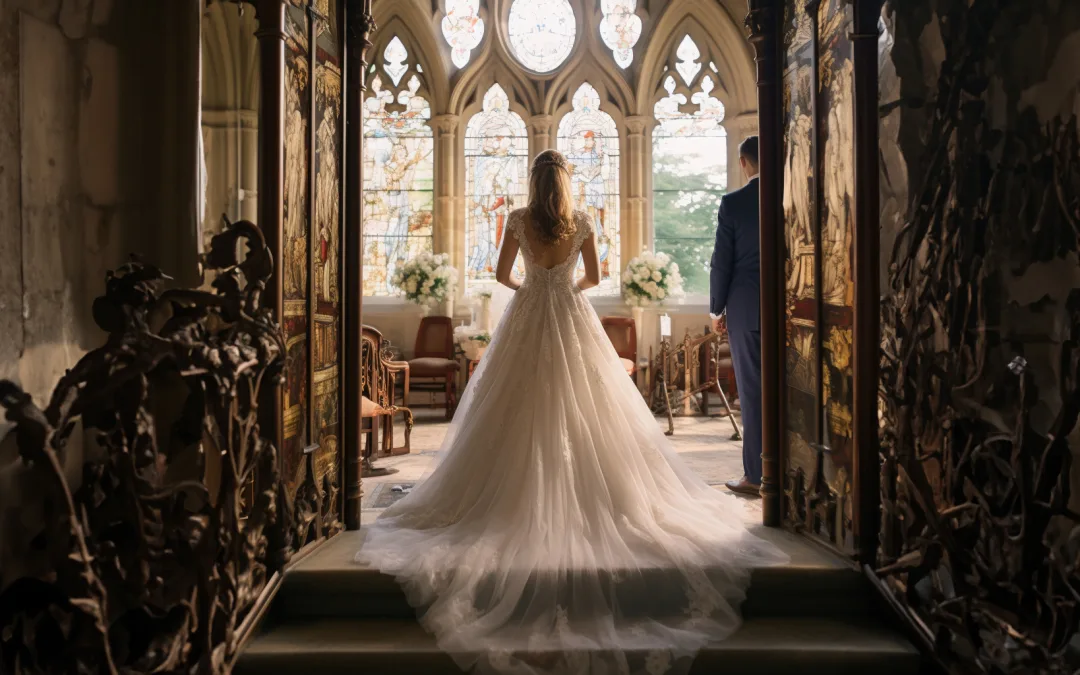Introduction
The wedding industry is a fascinating blend of tradition, creativity, and ever-evolving trends. From the intimate exchange of vows to grand celebrations, weddings are a reflection of cultural norms, personal tastes, and societal influences. In recent years, the industry has witnessed significant changes, driven by technological advancements, shifting demographics, and unexpected global events like the COVID-19 pandemic.
In 2016, the wedding industry registered a robust revenue of $72 billion, a figure that showcased the industry's strength and appeal. However, the onset of the pandemic in 2020 led to a decline, with revenue dropping to $55.1 billion. Despite the challenges, the industry has shown resilience, adapting to new norms and finding innovative ways to celebrate love and commitment.
The average cost of a wedding in 2020 stood at $28,000, reflecting the desire of couples to create memorable experiences despite economic uncertainties. Interestingly, brides paid an average of $1,631 for a dress, including alterations, highlighting the importance of fashion and personal expression in wedding planning.
General Wedding Statistics
The wedding industry is a dynamic and multifaceted sector that encompasses various elements, from venues and attire to photography and entertainment. Understanding the key statistics provides valuable insights into the preferences, spending habits, and trends that shape this vibrant industry.
The Impact of COVID-19
The COVID-19 pandemic has left an indelible mark on the world, and the wedding industry is no exception. The unprecedented challenges of the pandemic led to a reimagining of weddings, with couples and professionals alike adapting to new norms and finding creative ways to celebrate love and commitment.
Emerging Trends
The world of weddings is constantly evolving, and keeping an eye on emerging trends provides valuable insights into the preferences, desires, and innovations that shape the way couples celebrate their unions.
Increase in Spending on Wedding Photography
Couples are investing more in capturing their special moments, with an average spending increase of 10% on wedding photography in recent years.
Financial Aspects
Planning a wedding involves careful consideration of various financial aspects, from budgeting and spending to understanding who covers the costs. The financial intricacies of tying the knot provide insights into the values, priorities, and economic realities that influence wedding planning and execution.
Conclusion
The world of weddings is a captivating blend of tradition, innovation, emotion, and practicality. From the intimate moments of saying "I do" to the grandeur of lavish celebrations, weddings are a reflection of human connection, cultural expression, and personal taste.
Our exploration of the wedding industry has taken us through a journey of statistics, trends, impacts, and financial intricacies. We've seen how the industry has adapted to global challenges like the COVID-19 pandemic, embraced emerging trends like sustainability and personalization, and navigated the complex financial dynamics of planning and celebrating a wedding.
The resilience and creativity displayed by couples, professional's and the industry as a whole are a testament to the enduring importance of love, commitment, and the desire to celebrate life's significant milestones.

